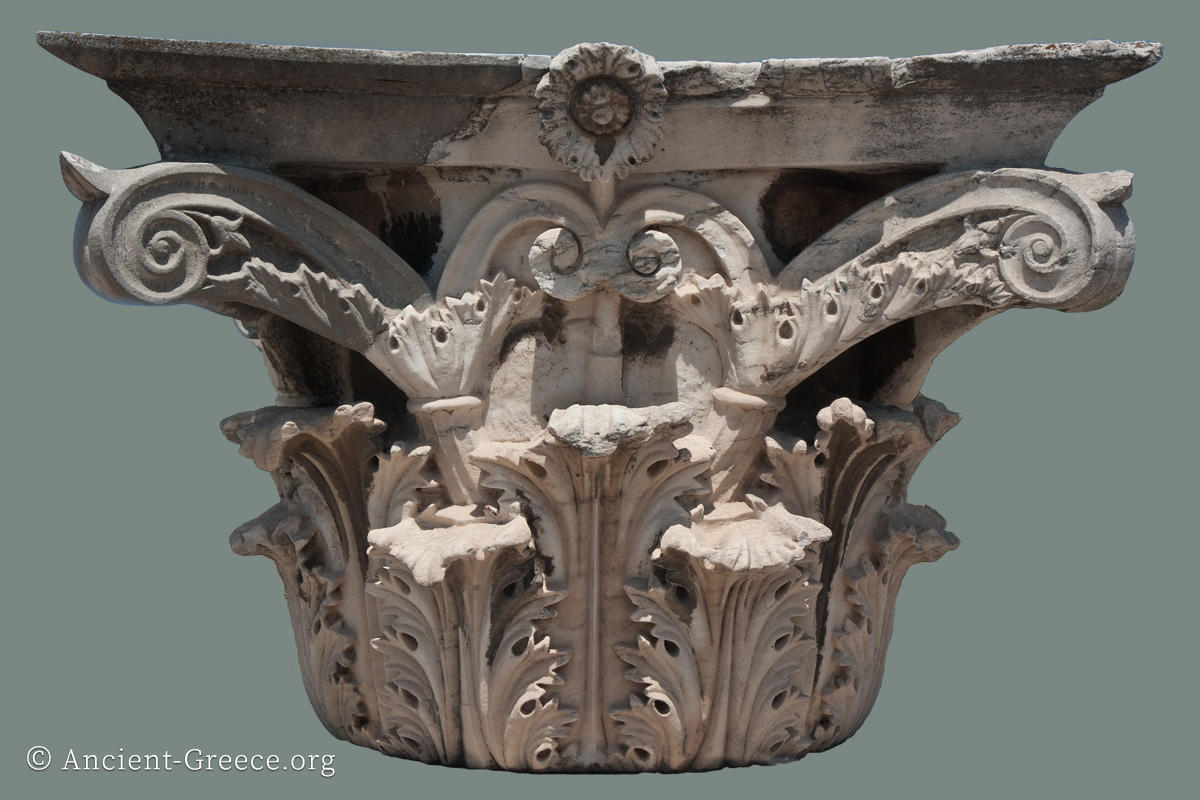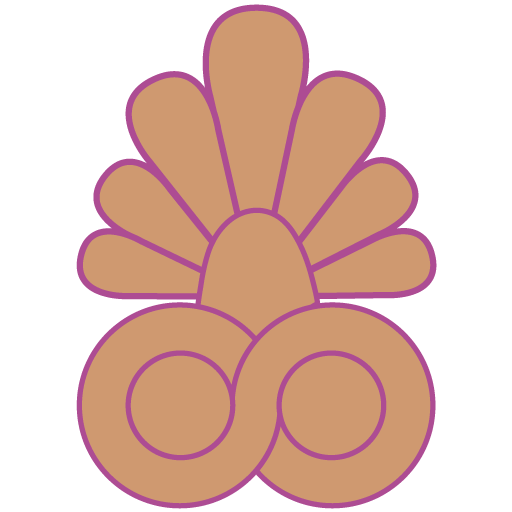Art & Architecture
-
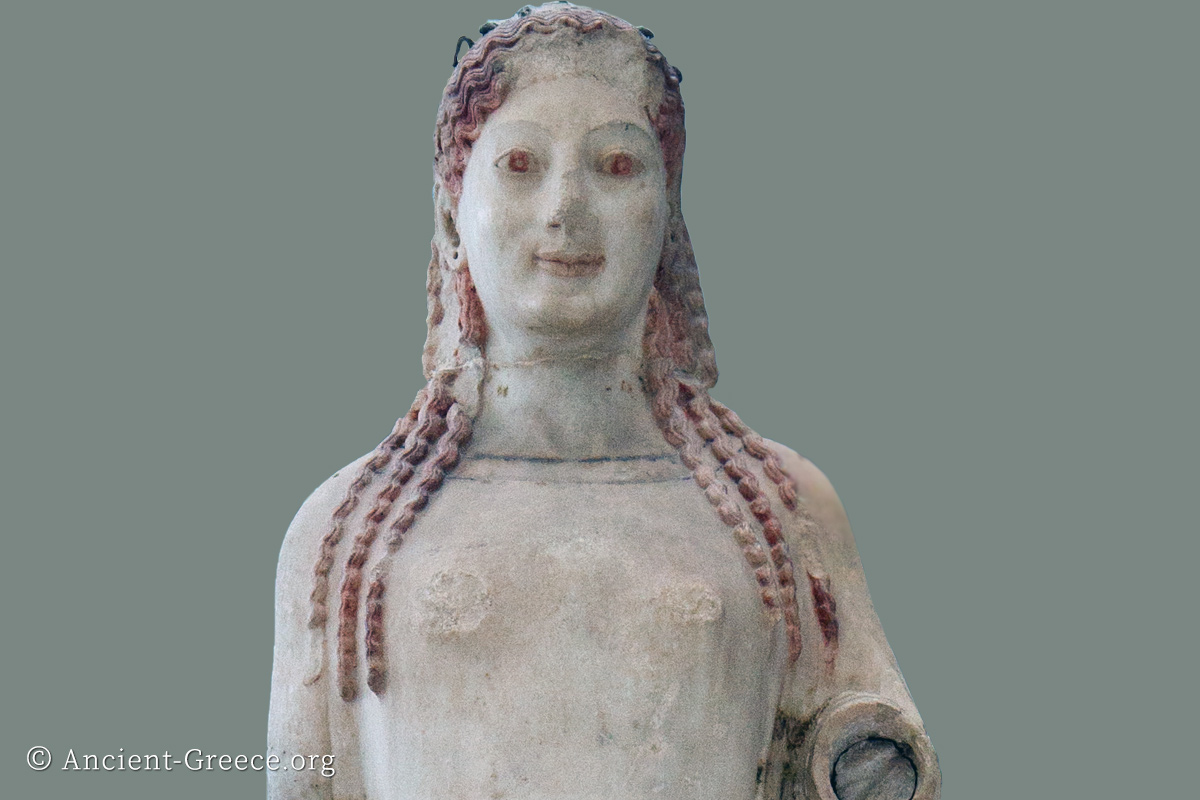
Kore
Read more: KoreKore (κόρη = maiden. Plural: κόραι, korai) refers to statues depicting female figures, always of a young age, which were created during the Ancient Greek Archaic period (600 – 480 BCE) either as votive or commemorative statues. Wealthy…
-

Kouros
Read more: KourosΚούρος (Kouros: youth. Plural: Κούροι, Kouroi) sculptures were abundantly produced in Ancient Greece during the Archaic era (700-480 BCE), continuing a centuries-old tradition of votive figure statues made of bronze which was previously of small scale. Around 600…
-
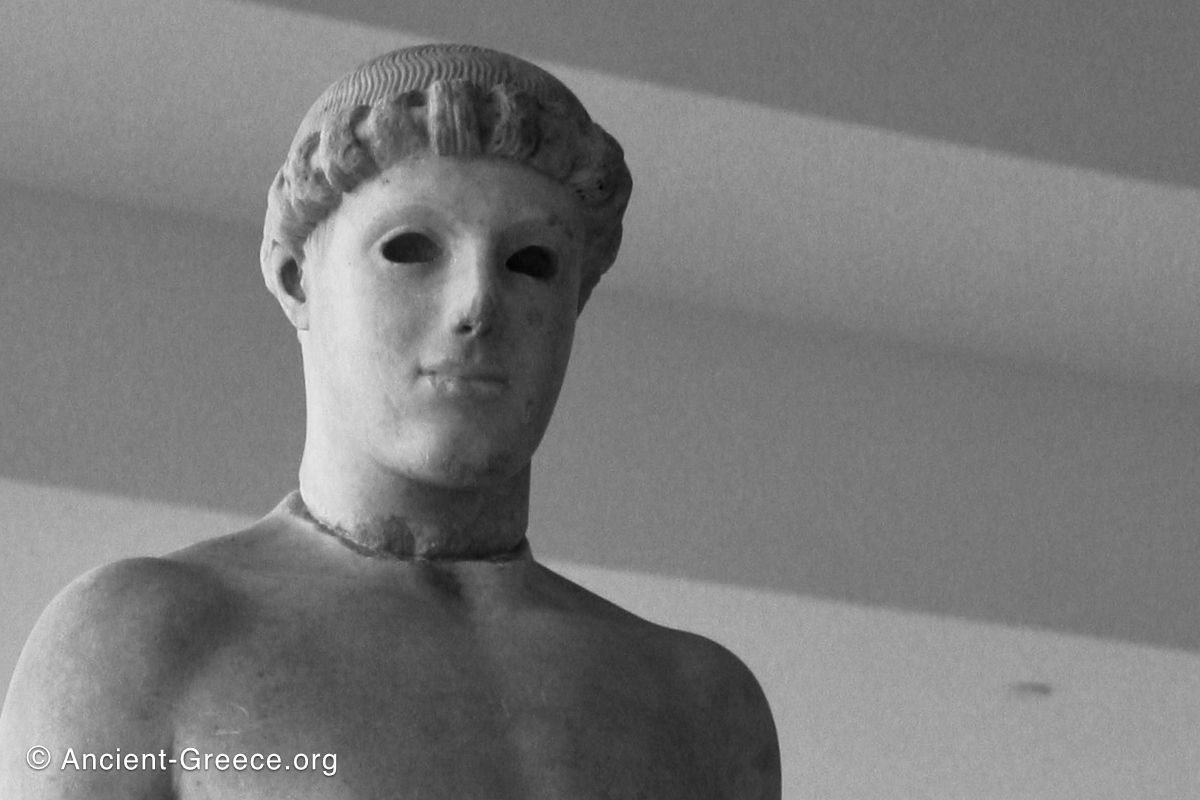
The Kritios Boy Sculpture
Read more: The Kritios Boy SculptureThe Kritios Boy (or Kritian Boy). Marble. 1.17 m (3 ft 10 in) tall. Believed to be the creation of Kritios, the teacher of Myron. Circa 480 BCE. It was found in two parts at the Acropolis of…
-
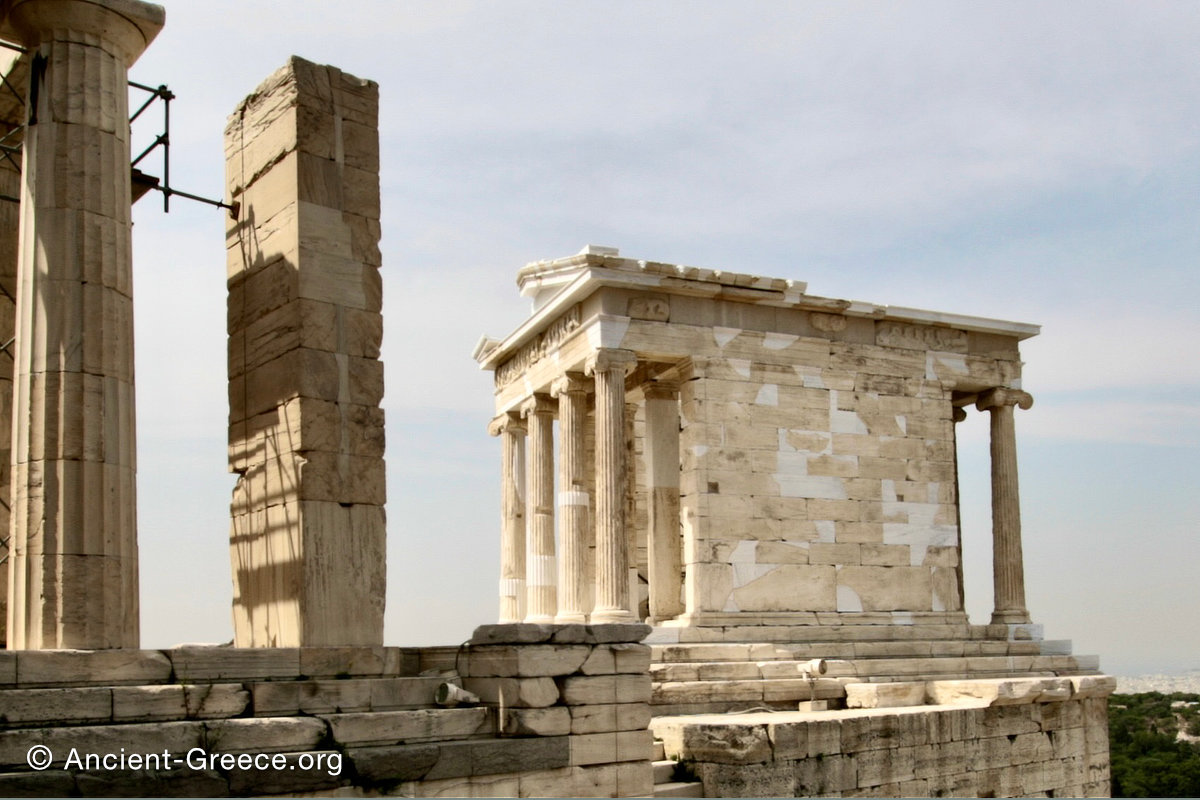
Temple of Athena Nike
Read more: Temple of Athena NikeThe small temple of Athena Nike is perched above the ascent to the Acropolis, and is visible as one approaches the Propylaea. The southwest of the Acropolis plateau, right next to the Propylaia, has been an important location…
-
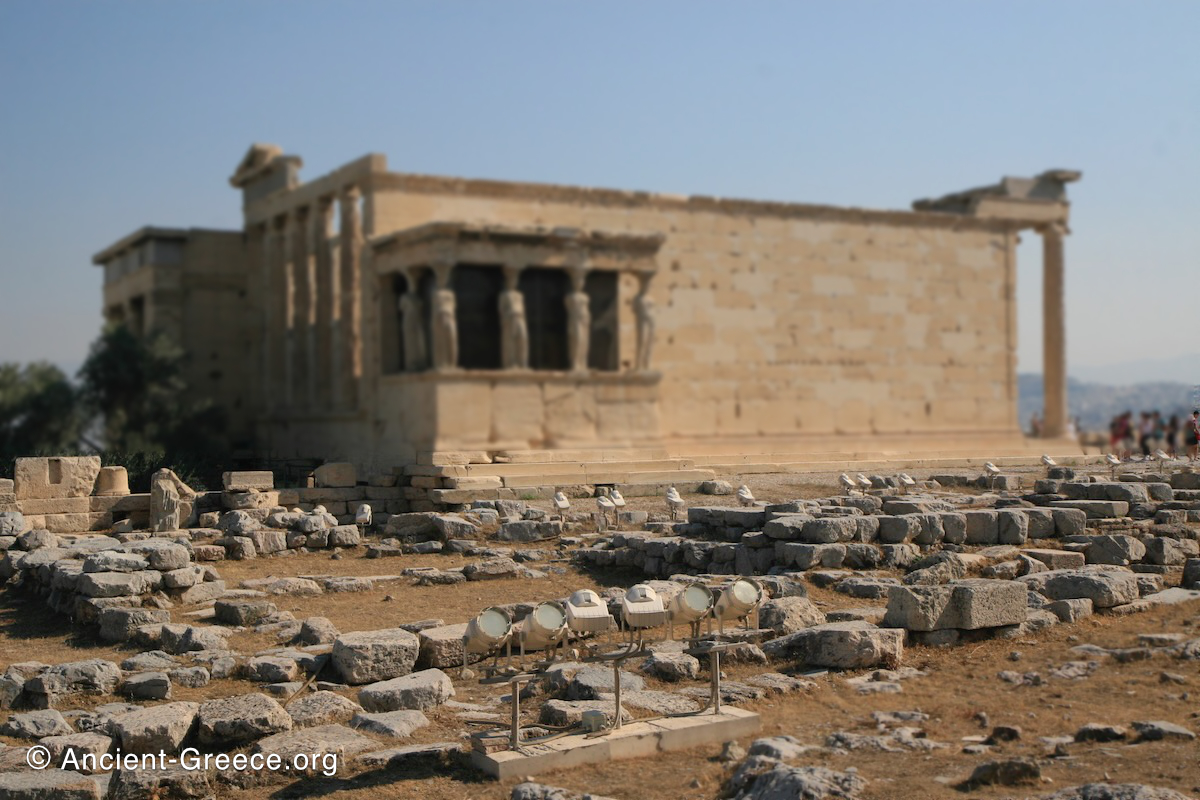
Acropolis: Old Temple
Read more: Acropolis: Old TempleBetween the Parthenon and the Erechtheion a careful observer can make out the foundations of an old temple dating to the 6th century BCE. With time it came to be known as the “Old Temple” for it was…
-
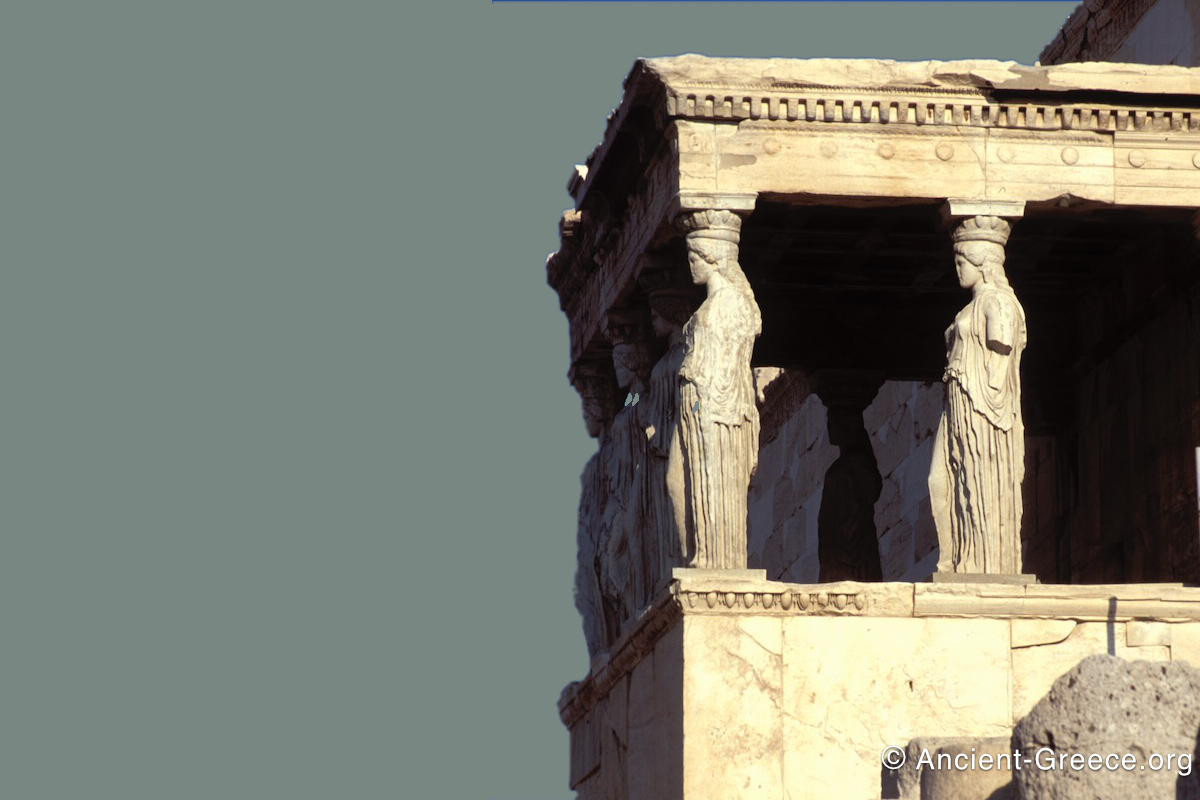
Erechtheion
Read more: ErechtheionWhile the Parthenon was the most imposing temple on the Acropolis, another building, the Erechtheion was built to accommodate the religious rituals that the old temple housed. Construction of the Erechtheion began in the Classical Era while the…
-
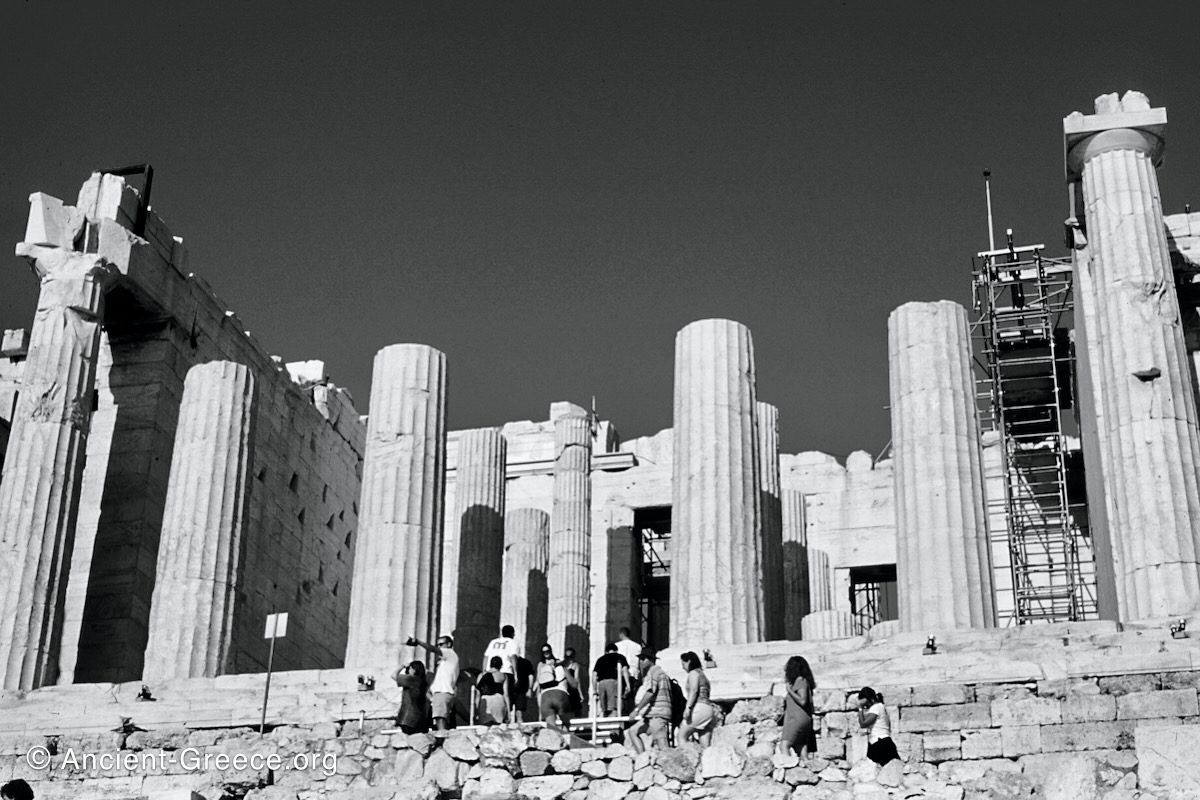
Propylaea
Read more: PropylaeaThe Προπύλαια (Propylaea, Propylaia) were built as a monumental entrance to the Acropolis rock. It is an imposing building that surrounds the natural entrance to the plateau, and one approached it in ancient times through an inclining ramp…
-
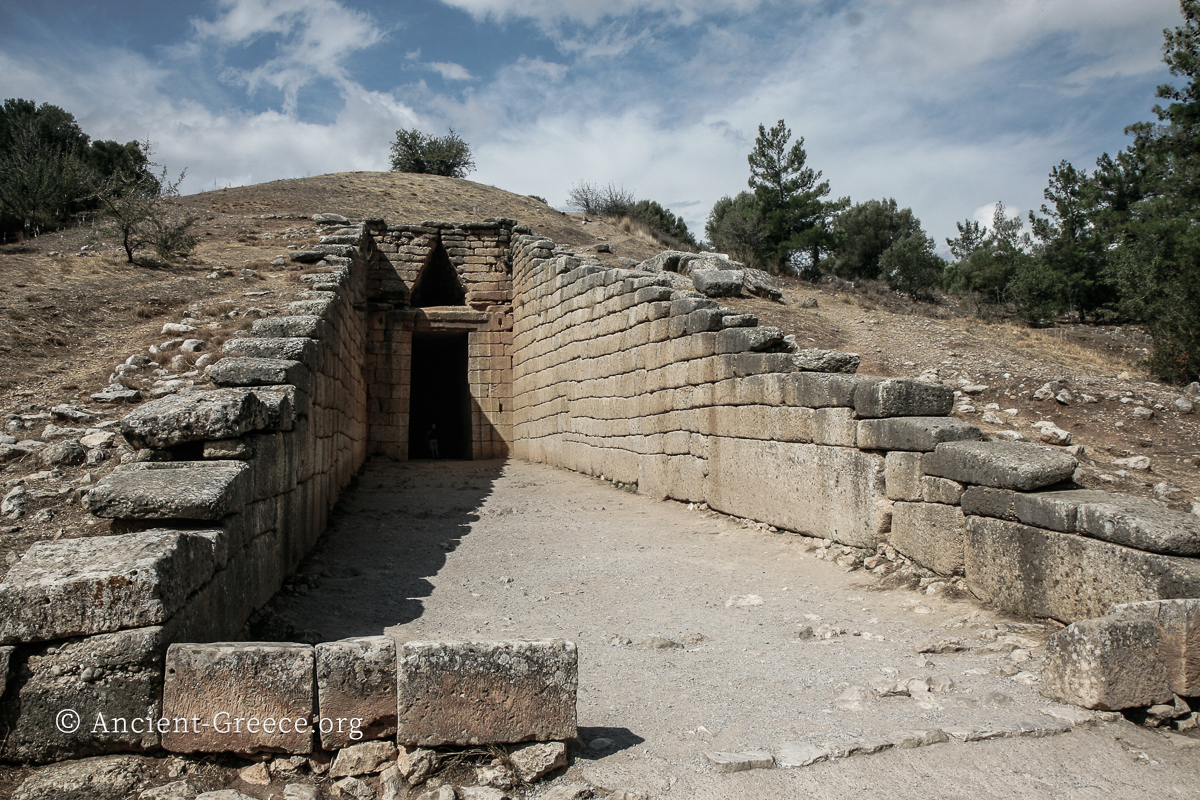
Treasury of Atreus
Read more: Treasury of AtreusThe tholos tomb at Mycenae known as “Treasury of Atreus”, built between 1350 and 1250 BCE, is the largest, best preserved, and one of the latest built in the Bronze Age. It is also known as “Tomb of…
-
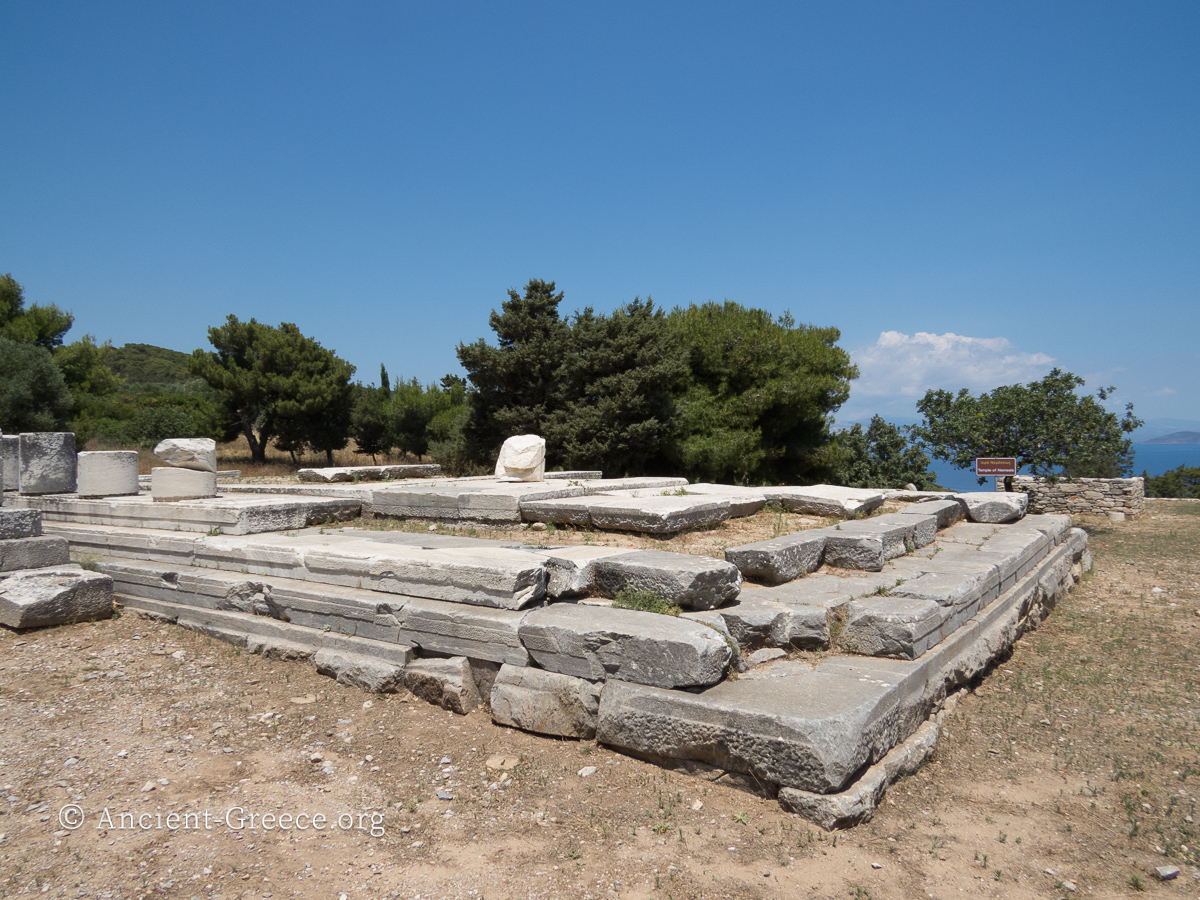
Rhamnous: Temple of Nemesis
Read more: Rhamnous: Temple of NemesisThe temple of Nemesis in Rhamnous was renown even before the fortified settlement acquired importance in the 5th c. BCE. Nemesis was the goddess that prescribed happiness and misery to mortals, and a zealous punisher of “hubris” (ύβρις)–the…
-
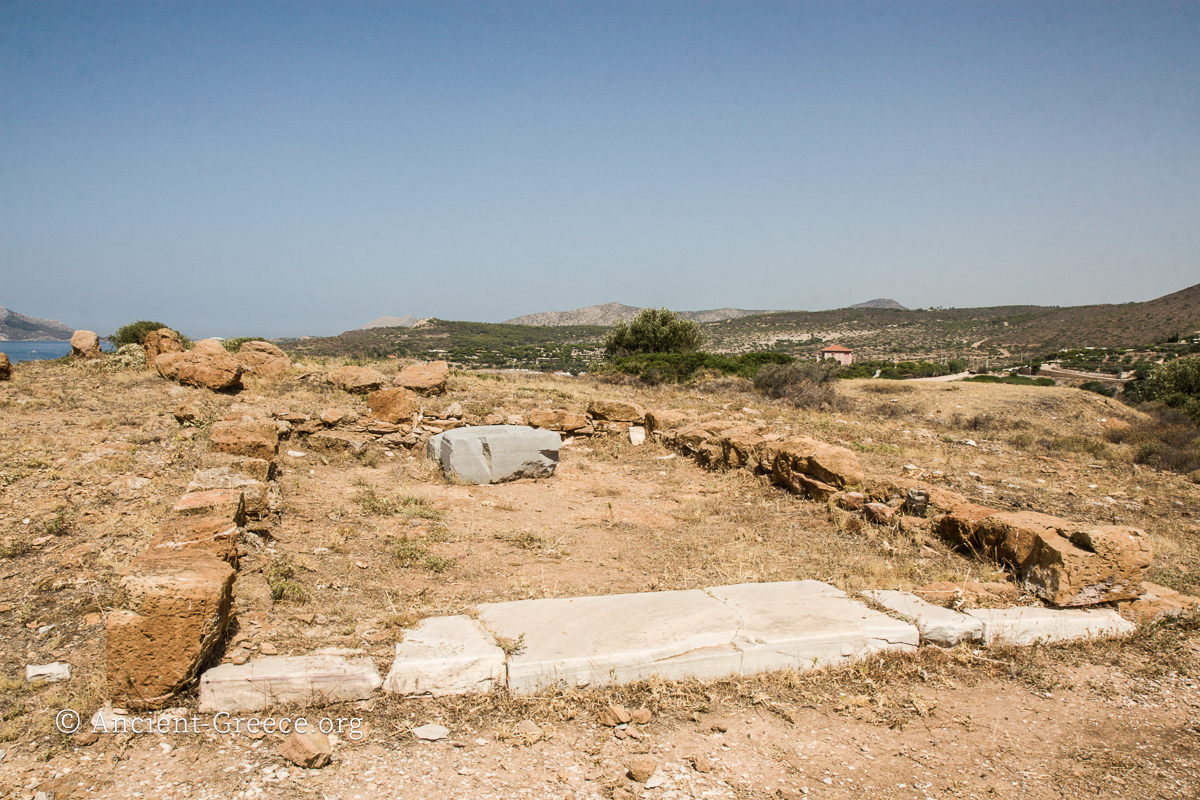
Sounion: Temple of Athena
Read more: Sounion: Temple of AthenaThe sanctuary of Athena Sounias (nominative singular case: Αθηνά Σουνιάς; genitive singular case: Ναός της Αθηνάς Σουνιάδος; Often transliterated as: Sounia, Sounias, Souniados) is built on a low hill in Sounion, a short distance from the better preserved…
